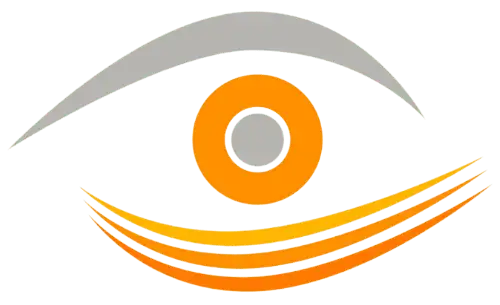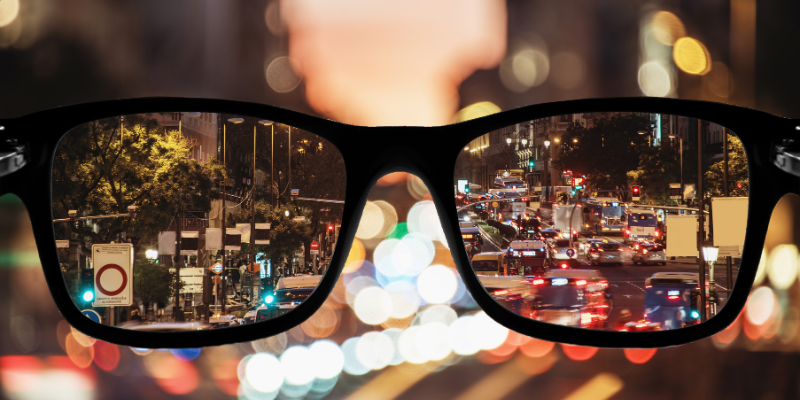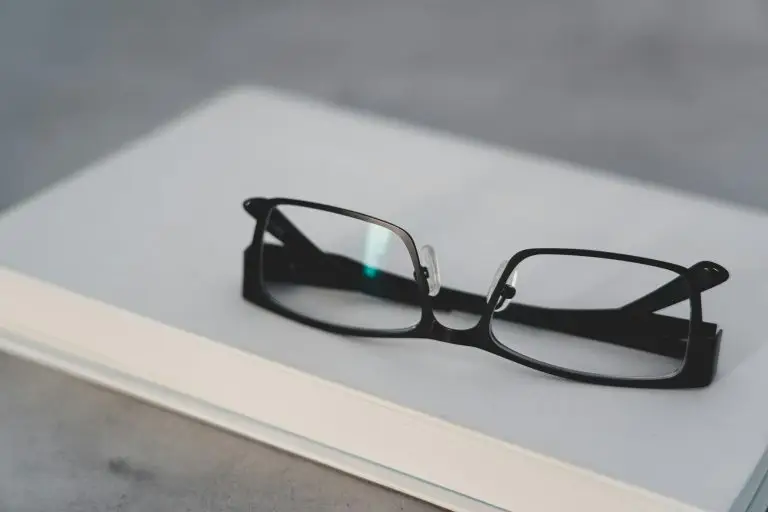Myopia
Myopia or short-sightedness means you have difficulty seeing objects further away. It is a growing problem due to its strong relationship with constant digital work. The more myopic a child the more likely they will be to have problems with glaucoma, retinal tears or worse, retinal detachments when they are older.
Although an outright cure for short-sightedness (myopia) has not been discovered, there are a number of treatments that MAY be able to slow its progression. The main treatments currently being used to control myopia:
Atropine eye drops
Research has suggested that myopia in children may be linked to focusing fatigue. Atropine eye drops cause the muscles in your eye to become relaxed, and therefore disable the eye’s focusing mechanism, potentially helping to control myopia. Results of studies of atropine eye drops to control myopia progression show a reduction of 60% on average however the research into what occurs when the drops are discontinued, are still ongoing.
Multifocal 1 day contact lenses
Multifocal contact lenses are made of a soft material and last one day. They come in packs of 90. The reason they work is because they create a ring of increased power surrounding central vision that the eye interprets as a “stop signal” for further growth. When eyes grow longer, they become more myopic. Research on multifocal contacts suggests the ability to control myopia progression is perhaps slightly less effective than for Ortho K and Atropine and some spectacle lenses
Orthokeratology (“ortho-k”)
In the simplest terms, ortho-k entails reshaping the front surface of the eye in an effort to adjust the eye’s refractive power. It requires the use of specially designed hard contact lenses which are worn only whilst sleeping at night. This temporarily corrects myopia, so glasses and contact lenses aren’t needed during waking hours. The reshaping of the front surface changes the way the light rays focus on the retina. This in turn switches off the mechanism which causes the eyeball to increase in size and therefore short-sightedness.
Glasses
Spectacle lenses with unique peripheral edge designs have been calculated which changes the way the light is focussed on the peripheral retina of the eye. This leads to the slowing of myopia progression in 30 – 50% of people.
Confused yet??? Suspect your child is myopic?? The earlier myopia is detected the sooner it can be controlled. Contact us at Bridge Eye Care to make an appointment for your child today!







